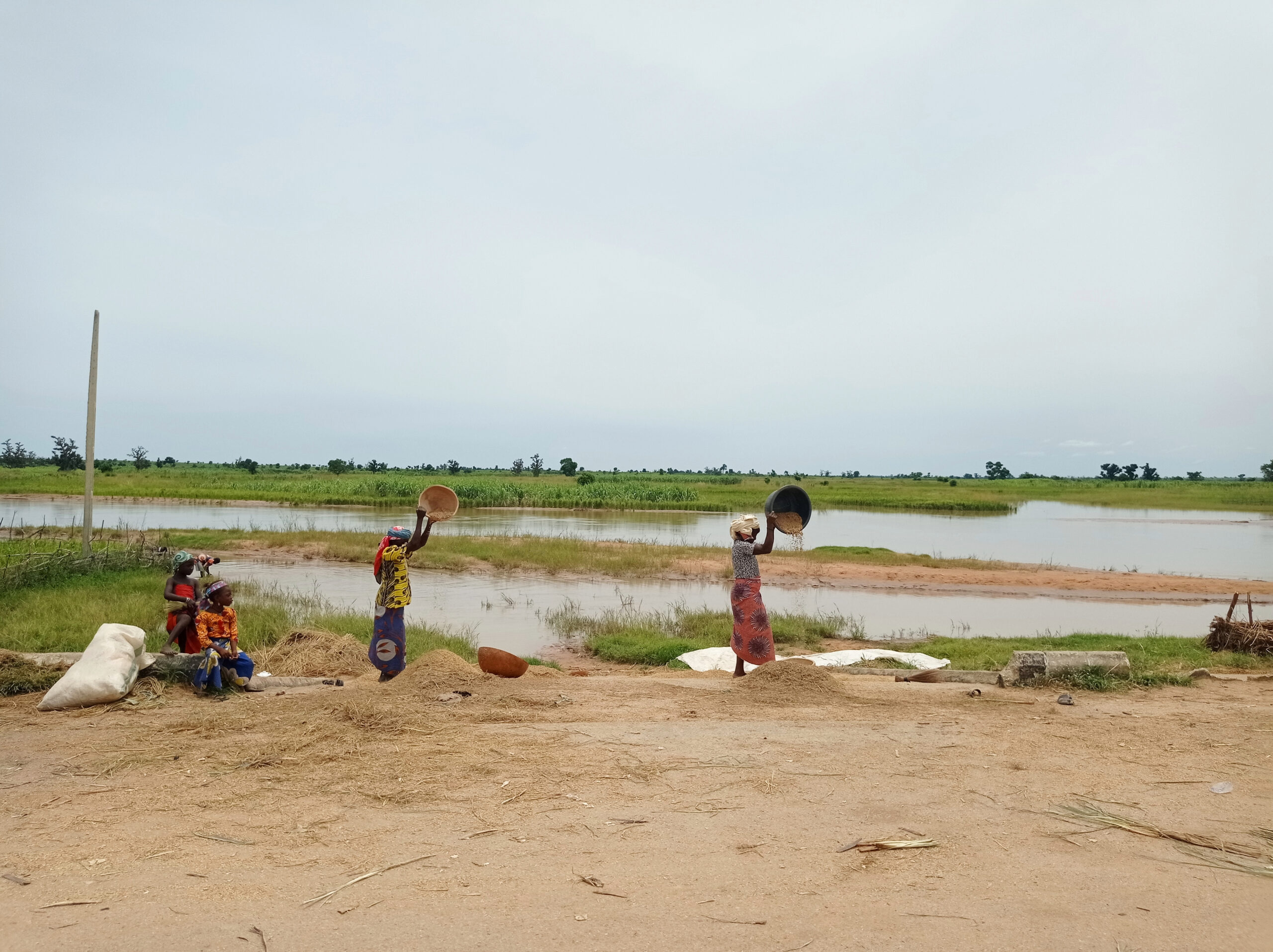WPF is proud to announce the publication of its latest occasional paper, “A Role for Social Nutrition in Strengthening Accountability for Mass Starvation?” by Susanne Jaspars (WPF Occasional Paper #20), June 24, 2019. Below is an excerpt from the Introduction.
Notions of social nutrition have emerged at various points in time, and have been used or defined in different ways, often following crisis or famine. The concept has been applied to Western populations and to those in the Global South, in both emergency and more stable contexts to address malnutrition within its wider social, political and economic context. It has, however, been marginal com- pared to a biomedical or medicalised approach to nutrition, which focuses on nutritional requirements and treatment. In the second decade of the 2000s, however, the need to revive or re-invent some form of social nutrition is important because of the resurgence of severe famines (or situations of mass starvation) and the large numbers of people suffering protracted crises with persistently high levels of acute malnutrition. Its importance is increasingly advocated by social and human rights movements, by food policy analysts and by a small number of nutritionists working in situations of conflict-related humanitarian crises or famines.
This paper aims to stimulate discussion of the role of social or politically-oriented approaches to nutrition in situations of famine and crisis. More specifically, it examines whether there is a role for social nutrition in strengthening accountability for mass starvation. According to Alex de Waal and Bridget Conley (2019), ‘starvation crimes’ comprise a range of actions prohibited under different international legal regimes that deprive populations of items indispensible to their survival – and are the result of deliberate political or military acts. Wider political and economic decisions may also lead to famine. To ensure political accountability for these crimes, evidence is required about the nature of the crime and the way in which it is perpetrated. Prosecution requires showing intent, action and outcome. Criminal acts include specific actions such as policy decisions or military strikes, and assessment of the effect on access to food or other items indispensable to survival. In most situations, mass starvation will come about through a series of policies and actions, structural causes, and the interactions between them. It is in analysing how this multicausality leads to elevated levels of acute malnutrition, that social nutrition may have a role to play.
The paper starts with an overview of the concept of social nutrition, examining the various issues that have contributed to its development and exploring why it has become marginalised today. It then examines the potential use of social nutrition in strengthening accountability for mass starvation and the obstacles that may arise, and ends with areas requiring further discussion in order to develop a socially and politically-oriented approach to nutrition that is relevant to today’s crises.


